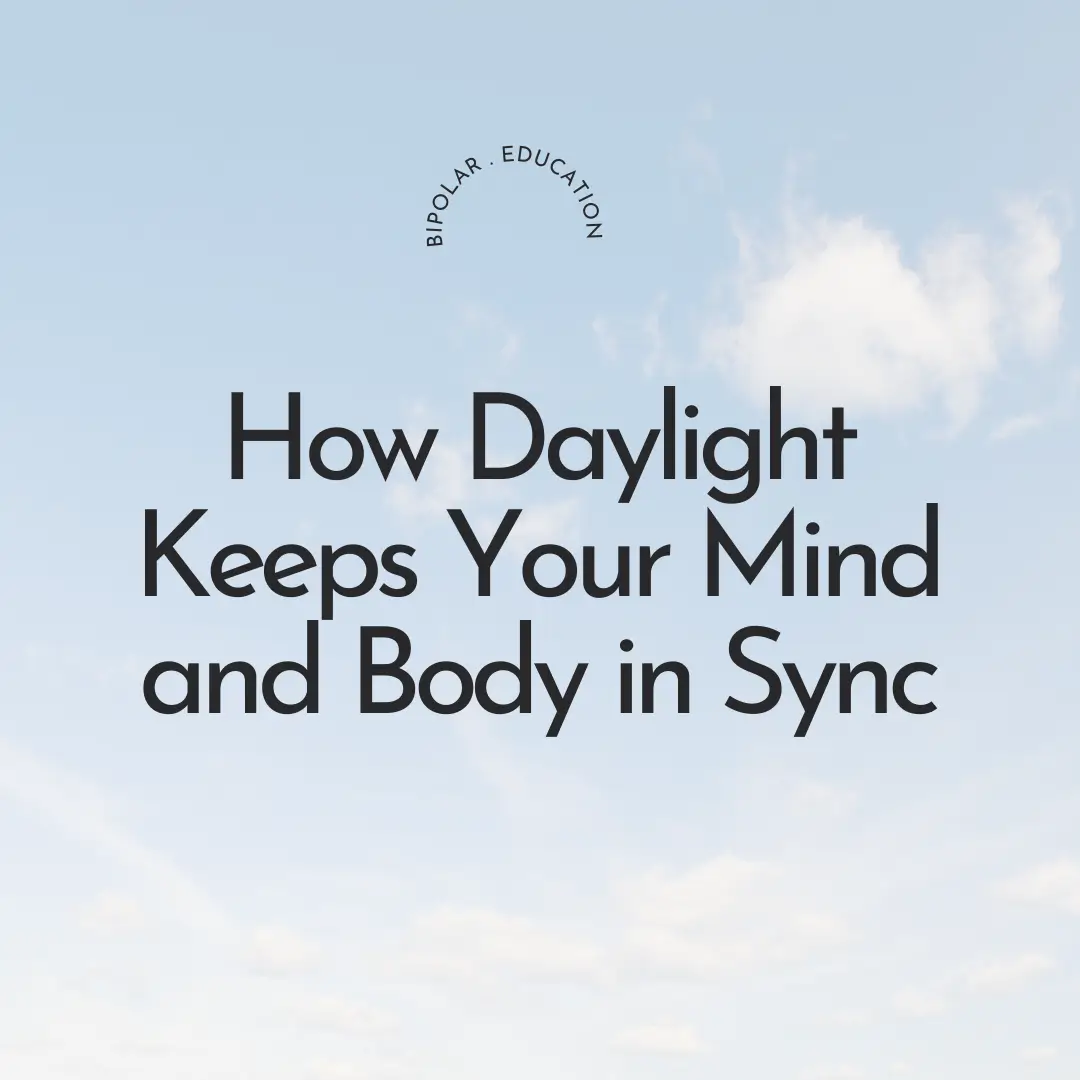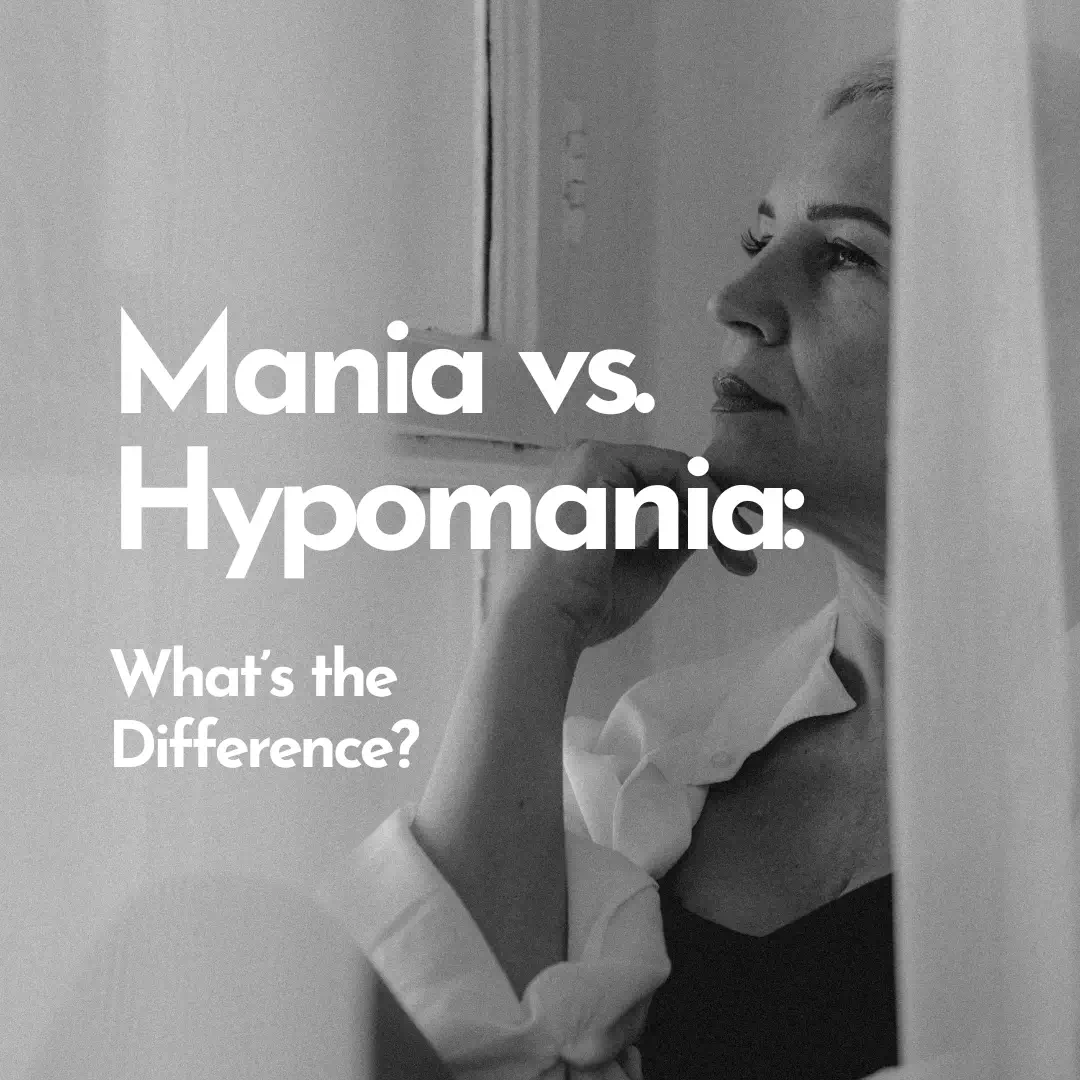When working with patients who experience frequent shifts in mood, they often ask, “Why is this happening to me?” Rapid cycling, a specifier in bipolar disorder, describes a course of illness marked by four or more mood episodes (mania, hypomania, or depression) within a year. While its exact cause remains unknown, several theories provide insight into why this pattern occurs.
Theories Behind Rapid Cycling
- Kindling Theory
The kindling theory suggests that initial mood episodes may be triggered by actual or anticipated life events. Stressful circumstances, such as the loss of a loved one or a job, can act as triggers. Over time, these triggers may lead to an increase in cycling, even without new external stressors. Patients often describe feeling like stress amplifies their mood instability, creating a pattern of ongoing mood shifts. - Circadian or Biological Rhythms
This theory proposes that individuals with rapid cycling may be “out of sync” with their biological clocks. Our circadian rhythms regulate daily patterns like sleep, activity, and alertness. Disruptions in these rhythms may contribute to rapid cycling. While it’s uncertain if circadian rhythm disturbances directly cause rapid cycling, maintaining consistent sleep and activity schedules is a vital part of managing symptoms. - Hypothyroidism
Hypothyroidism, a condition where the thyroid gland produces insufficient hormones, has been linked to rapid cycling. Some individuals with rapid cycling respond positively to thyroid hormone treatments, suggesting a biological connection - The Role of Antidepressants
Antidepressants, often used in treating depression, may increase cycling frequency in individuals with bipolar disorder. Many experts caution against their long-term use in bipolar patients without mood stabilizers. Mood-stabilizing medications are commonly prescribed to mitigate cycling and should only be adjusted under a doctor’s supervision.
Treatment Approaches for Rapid Cycling
While rapid cycling is challenging to manage, combining talk therapy, lifestyle changes, and medication offers hope for stability.
Mood Tracking
Keeping a detailed record of your mood patterns, sleep habits, diet, and stress levels can provide valuable insights into what triggers your mood episodes. Tools like mood journals or apps help patients and clinicians identify patterns and refine treatment strategies.
Talk Therapy
Working with a therapist offers a safe space to explore feelings of irritability, sadness, and racing thoughts that can interfere with daily life. Psychosocial therapies like Cognitive Behavioral Therapy (CBT), Interpersonal and Social Rhythm Therapy (IPSRT), and Dialectical Behavior Therapy (DBT) can help you create a structured plan to manage symptoms and establish routines that promote stability.
Collaboration with Healthcare Providers
Rapid cycling often requires adjustments to medication, such as introducing or optimizing mood stabilizers or addressing underlying thyroid issues. Close collaboration with your psychiatrist and therapist ensures that your treatment is comprehensive and responsive to your needs.
Take the Next Step Toward Stability
Rapid cycling can feel overwhelming, but with a thoughtful approach to treatment and self-care, it’s possible to regain balance. My self-paced e-learning module offers practical tools to better understand and manage bipolar disorder, helping you take control of your symptoms and find relief.
If you’re navigating rapid cycling, know that you’re not alone. With the right support and strategies, you can break the cycle and build a more stable future. Reach out today to explore how we can work together to help you thrive.




